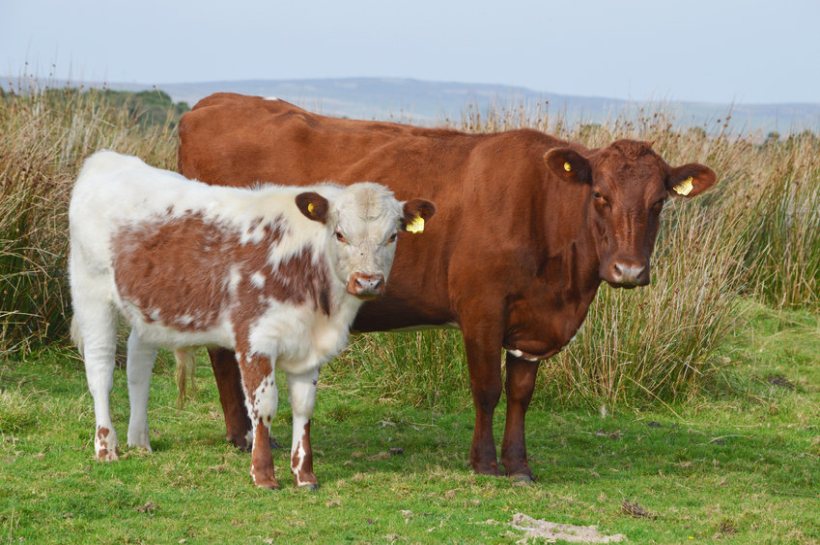
Campaigners are calling on the NI government to scrap proposals for shortening the life of all beef cattle to a maximum of 24 months in a bid to slash emissions.
The Rare Breeds Survival Trust (RBST) warns that the policy would be 'counter-productive' to the government's aim of reducing greenhouse gas emissions from beef production.
The proposal is included in Northern Ireland's most significant agricultural consultations in the last 50 years, which closed for responses today (15 February).
It set out 14 measures and initiatives which aim to address the four key outcomes of increased productivity, improved resilience, environmental sustainability and a responsive supply chain.
But the RBST warns the 24-month limit proposal would discourage farming with native cattle breeds, as they produced "high quality beef to high environmental standards".
This will, in turn, thwart the consumer trend towards supporting the environment by eating less but better meat, the charity says.
RBST chief executive, Christopher Price urged the Department of Agriculture, Environment and Rural Affairs (DAERA) to recognise the role native cattle breeds play.
“Breeds such as the Irish Moiled were bred for these landscapes and they bring together commercial viability with environmental value, including their fantastic support for biodiversity through conservation grazing.
"They are slow-growing breeds and an obligatory slaughter limit of 24 months does not suit this type of farming.
"If we lose our native breeds, we lose all their genetic and natural capital value too."
In its consultation response, RBST also raises concerns about the welfare and ethical issues associated with high growth rates and early slaughter.
Mr Price added: "DAERA should encourage this direction of travel as a more effective way to reduce greenhouse gas emissions from livestock, rather than blocking it with a one-size-fits-all 24 month rule.”
In its consultation response, RBST also raises concerns about the welfare issues associated with high growth rates and early slaughter.
